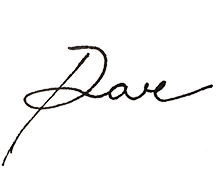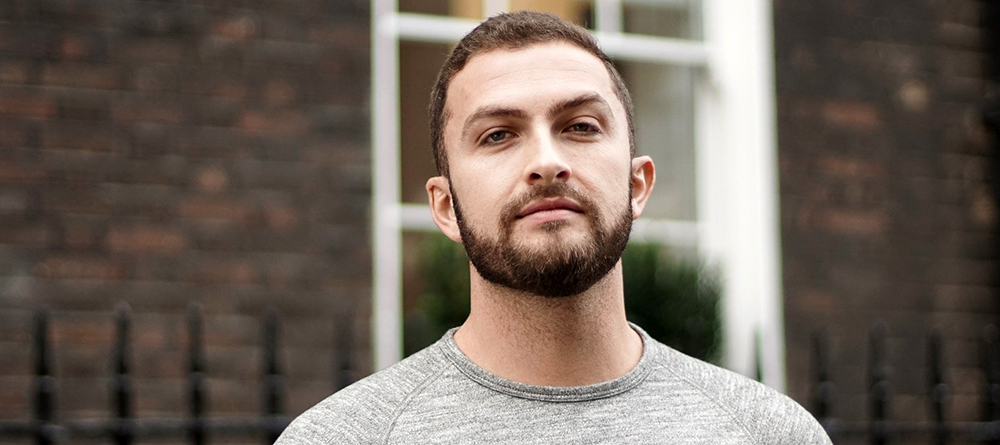Dear friend,
There are powerful people, even in democratic nations, who do not want you to vote.
The reason why some powerful people do not want you to vote is that they are afraid that you will take their power away from them.
They will go to great lengths to obstruct voting, disenfranchise voters, or deliberately confuse, mislead, and manipulate you to feel like your vote — and your voice, and your caring, and your conscience — are meaningless.
People in power who fear losing their power and their privilege are the ones who feel entitled to each.
They have mistaken the political power that they have been given as some reflection of their “better-ness” than you. They consider their power to be a part of their destiny; they think that the Divine shines more brightly on them than on the rest of us.
They have forgotten that, with great power, comes great responsibility.
Today, despite their efforts to stop you from voting, I am asking you to vote, anyway.
Today, despite their sincerest hopes that you will give up on your vote — and your voice, and your caring, and your conscience — I am asking you to vote.
At the very least, I am asking you to vote to show those in power — those lost few, especially, who fear and dread the loss of their power — that they are more feeble than they realize.
That they have broken the social contract that they committed to signing when they claimed to be public servants.
That their power is is indebted to us, the public, after all.
Why Power Corrupts
One of my earliest memories of my father is when he taught me the adage, “Power tends to corrupt; absolute power corrupts absolutely.” The saying, which is attributed to 19th-century British historian Lord Acton, is well-known among historians and in political circles.
The idea behind the saying is simple:
- Any amount of power that one comes to possess, especially in the political arena, is likely to corrupt the person wielding it.
- When a person attains, takes, or believes that they deserve “absolute” power, their corruptibility knows no limits
The untold result, as any historian will tell you, is that disaster oftentimes looms.
I can’t recall why my dad was sharing such a sentiment with me when I was 8 or 9 years old. But it was probably because I was being a jerk to my kid sister who I, apparently, tormented quite a bit back when I was young. (I’m sorry, Bonky, and I love you!)
As my first career path unfolded — now, almost a whole lifetime ago — inside of rooms where power was wielded, the words my dad taught me always had their way of coming back:
Power corrupts. Absolute power corrupts absolutely.
On state and federal levels of government, I have had the privilege of looking into the eyes of many people in various positions of power. Some have held no real power or influence. Others have craved, yearned, obsessed, connived, plotted, and schemed to elevate themselves to positions of influence.
I have overheard plotted smear campaigns, watched good people compromise on their moral compasses, seen men in power manipulate and deceive women, and sat on the periphery of cut-throat, get-ahead-at-any-cost cultures.
Not every environment in which I worked was like this.
But the stereotypes that follow politics, politicians, and politicking exist for a reason.
Because it is there where power corrupts.
Today, I can tell you that the most important lesson that I learned from my time inside the government is this:
The only thing in our world more dangerous than a person in power is a person in power who is afraid to lose theirs.
Power Within, Power Without
When you and I speak of “power,” friend, we often do so in the sense of an inner-worldly personal power: the internal power of conscience, self-awareness, choice, soul.
But when we speak of power in the scope of politics, governance, or law enforcement, we speak of an external exercise of power that is not esoteric or conceptual or philosophical.
The power being wielded by those in politics and positions of governance is a power that carries weight and consequence.
Their power — an external power, a visceral and dangerous power — is backed by law and the courts. This is the power to restrict one’s freedoms and autonomy. This is the power that can, when left unchecked, attempt to squelch personal conscience, and choice, and selfhood.
This is the power that utilizes lethal force against those perceived or deemed to be wrongdoers, even wrongly so, even when the accused are never given a chance for fair treatment, let alone to receive justice.
When we speak of power in the scope of politics, we speak of the power to put people in cages; the power to deem who in our society is valuable or expendable.
When we speak of power and those who wield it, control it, and weaponize theirs, we are not speaking of what it means to live a good and self-storied life, or to make positive change in the world, or to leave a legacy of love in your wake.
We are speaking of power that changes lives, drives walls between families, and stains the pages of history with blood and with tears.
Today, the power wielded by some politicians and power-holders in our country — and throughout our society — is being hotly contested.
It is important for you to enter the arena, dear friend.
Because it is a profound privilege to speak and think and act only of our personal power: the power that resides, and remains, within us.
I am asking you to enter into the arena of political power by voting.
Because the outcome of the contest — what happens next in our country, and in our world — will not be decided in morning meditation, or on the yoga mat, or in these newsletter musings.
It will be decided in a chorus of voices.
The future of all political power will be guided by the power of our collective conscience, collective compassion, and collective commitment to the greater good.
Voting mobilizes them.
Please, Vote
I am writing to you today with an earnest plea:
Please vote.
Please register to vote to fully exercise your voice and your voting rights; rights that are still being actively contested, restricted, challenged, and fought against by power players — people who feel threatened by your inherent power, and do not want to surrender their own.
Please vote early in person, instead of by mail-in ballot, if you can possibly do so, or by dropping off at a secure ballot-drop location, to prevent delays in counting your vote or hampering the USPS from delivering your votes to the appropriate authorities.
Please request a mail-in ballot and submit it as early as you possibly can if you are worried about COVID-19, have pre-existing health conditions, or cannot make it to a polling place on or before voting day.
Please help your neighbor, grandparents, parents, cousins, kids, or friends understand the importance of voting — including by using the above or below links and resources with them on how to do it.
(Did you know that, when asked, about one in six people will say that they voted in the most recent election, even if they didn’t?)
Voting Resources:
- Register to vote in your State
- Early voting calendar (in person) or at a secure ballot-drop location instead of mailing in
- Request a mail-in ballot
Even If We Politically Disagree, I Believe in Us
Here’s one thing you might hear when you encourage others to vote:
“You’re being presumptive. You don’t know who I’ll vote for. What if I don’t vote like you? Won’t you regret encouraging me to vote? Doesn’t my vote compete against yours?
When I was young, I too used to question the motivations and intentions of people, nonprofit organizations, even TV channels like MTV (and their Rock the Vote campaign).
Why would they encourage voting and do voter registrations if they didn’t know who their newly registered voters would be voting for?
All these years later, I understand why.
People in power — especially those in positions of extreme wealth and privilege; those who carry very selfish special interests — have a vested stake in stopping the majority of people “beneath them” from voting.
This is why they continually discourage, dissuade, disrupt, and actually sabotage the rights of voters — and the enthusiasm behind voting.
Because they know, deep down, voting actually works.
Voting removes the powerful from their positions of power — positions that they want to preserve, and protect, and maintain for as long as possible.
There is a hallmark difference between those who encourage voting and political participation, regardless of political affiliation, and those who discourage or conspire to stop others’ votes.
What is that difference?
The difference is in how they interpret the role and function power.
Those power-hungry power-holders who feel superior to others, more intelligent than the masses, and more deserving of power are the ones who actively discourage, gaslight, manipulate, and obstruct peoples’ votes.
They fear the voting masses because they know that their votes can work.
And so they perform great feats of psychological and emotional manipulation to scare you; to stir cynicism in you; to crush your hoping spirits; to tempt your indifference; to render your voting power impotent.
Those who understand power is not only fleeting and an illusion but demanding of great care, consideration, and responsibility? Oftentimes, they are the ones who encourage the widest possible participation to vote.
Those who understand power is with the people are those who act, work for, and encourage the greatest representation possible — so that the greatest number of people can benefit.
I do not believe in encouraging you to vote for a specific candidate or party, even if I am personally very clear about who I am voting for.
Today, I am writing only to encourage your vote, even if your political opinion is not the same as my own. Because I believe in democracy, in one another, and our collective action.
Please remember:
Power corrupts; absolute power corrupts absolutely.
When we vote, we are exercising power, but it is a power of an incorruptible nature. It is a component part of a collective power; of our shared power. The vote is voice; it is conscience; it is autonomous, free-willed, and even loving choice.
The vote is our power of participation — by which every participating voting person holds equal count and equal measure. When we vote, we become equals (at least, in principle) for suggesting and directing the use of political power in our communities, towns, cities, states, and nations.
Let us unite in suggesting and directing the appropriate, responsible, moral, and just usage of power in this upcoming election, moving forward.
And please, do not take your vote for granted.
Please, do not surrender your power to those who wield it wildly, dangerously, and irresponsibly.
Please, do not give up on your power for those who wish for nothing more than for you to give up on it.
All because they crave more and more of their own.
Yours in heart, conscience, and spirit,

